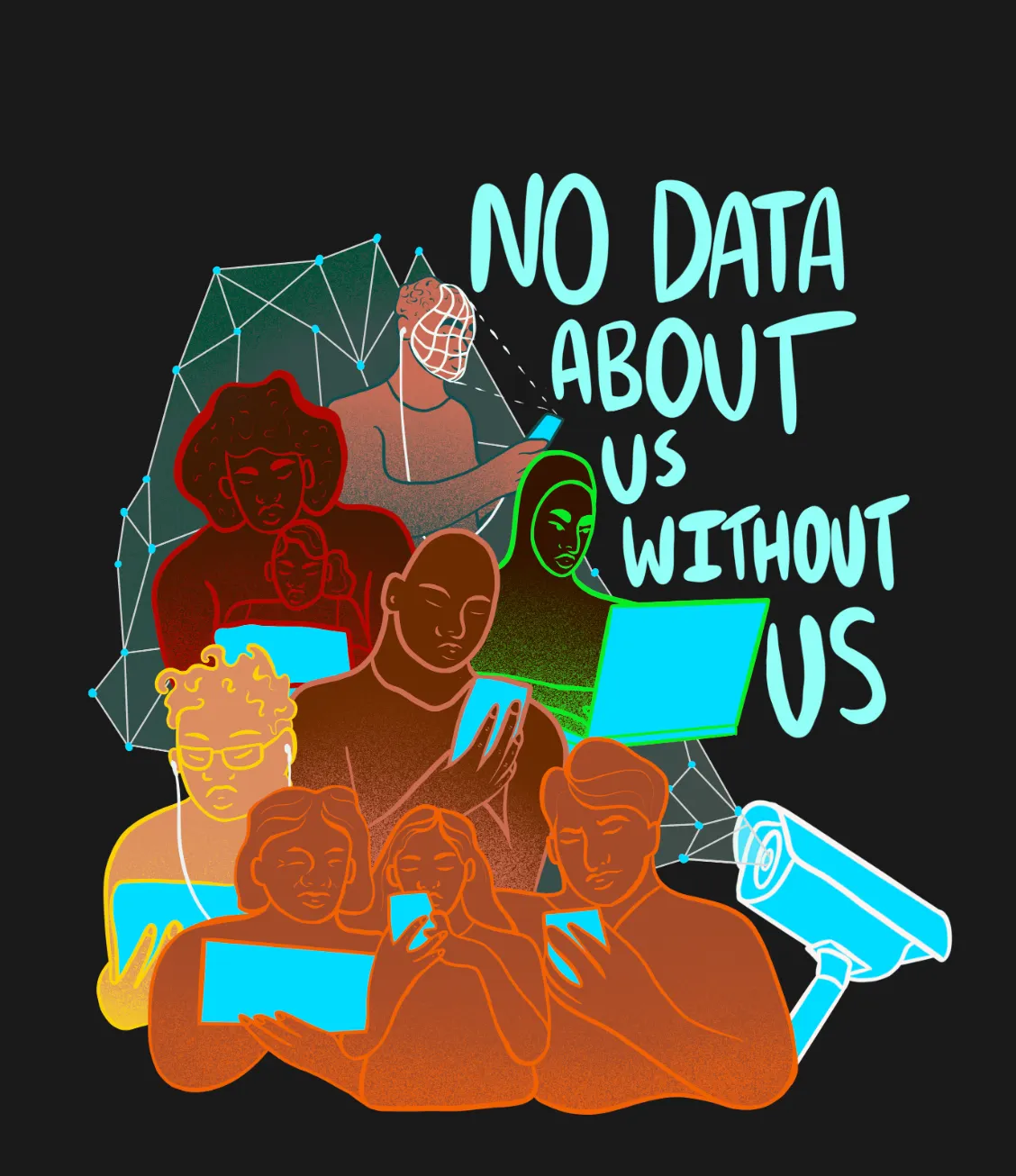Nairobi’s Watchful Eyes: How Reliable are the CCTV Cameras?
Phionah UhuruPhionah Uhuru's text highlights the alarming security situation in Kenyan cities, particularly Nairobi, which experienced a 14.4% increase in reported crimes in 2021. The text also raises questions about the reliability of CCTV systems in addressing the city's security challenges.

Photo by Hennie Stander
Introduction
Kenyan cities have faced grave security threats over the years. According to a [report from a study conducted by the Kenya National Bureau of Statistics (KNBS)](https://www.kenyans.co.ke/news/75353-govt-report-shows-most-insecure-countries-kenya-list#:~:text=A report by the Kenya National Bureau of,of 14.4 per cent from 5%2C844 in 2021.), Nairobi topped the list as the most insecure city in Kenya based on the number of crimes reported to the police in 2021. The reported cases in Nairobi were 6686 – an increase of 14.4% from the previous year. The residents are worried about the security crisis in the city. Many are concerned that the criminals and gangs have taken control over the city, with the most targeted victims being loners and women walking around city. Residents have called on the government to install streetlights and CCTV cameras to beef up security in the city. For more, watch the concerns here. As a result, there has been a rise in the installation of closed-circuit television (CCTV) cameras in both private and public spaces with the aim of controlling, detecting, and prosecuting crimes. A CCTV system is described as a television that observes and monitors areas intended to be covered by the system and then transmits signals and images on a closed-loop basis. Around 42 CCTV cameras, have been installed within Nairobi’s Central Business District (CBD) under the Integrated Urban Surveillance System project for Nairobi Metropolitan. Security forces rely heavily on these CCTV cameras to track down criminals involved in muggings, carjacking, physical and sexual assault, kidnappings, abductions, murders, and robbery cases. However, the question has always been, how reliable are the CCTV cameras?
Community Perceptions – Are the Cameras Objectively Beneficial?
Undoubtedly, the presence of surveillance cameras creates feelings of safety amongst most of the residents. People feel safer and more protected in locations and areas where surveillance cameras have been installed. It is however not clear whether the cameras should actually reinforce security rather than create “feelings” of security. The cameras have also helped in detecting a number of criminal activities around the city. There has been quite a number of thefts captured on the CCTV footages in Nairobi, to watch some of them click here and here. However, in this blog post, I draw the readers attention to the famous Willie Kimani case, where CCTV camera footages were relied on in court as evidence to prosecute a murder case. Six (6) years ago, a human rights activist lawyer, Willie Kimani, his client and taxi driver disappeared after attending to a matter in court never to be seen again. Their bodies were latter found stashed in gunny bags and thrown into a river. Police officers investigating this case tabled CCTV footages and car tracking devices that revealed how the three were kidnapped and later murdered. In this case, the CCTV footages were successfully relied on to track down the murder of the human rights activist lawyer and three others. A conviction was established and the criminals sentenced.
On the flip side, many Kenyans are still suspicious of the value of the CCTV system to the residents. Insecurity is still experienced in places where CCTV cameras have been installed, criminals commit crimes right on the glare of the CCTV cameras and disappear into thin air never to be traced again. The criminals do not just care about the presence of the CCTV cameras. Also, the reliability of the systems is often questioned as in most cases it’s not possible to make clear images and figures out of the footages. In many incidences, CCTV cameras have failed to reinstate security or to at least contain the criminals. This then leaves the society wondering whether the cameras are objectively beneficial, and/or necessary.
It has also been reported that 26 out of the 42 CCTV cameras installed within Nairobi’s Central Business District (CBD) are not operational. Unfortunately, not many residents know of this fact. Additionally, insecurity has also been experienced in the up-market areas in Nairobi like Karen despite the high security measures taken by residents in those areas, including among others CCTV cameras, private guards, electric fence and higher walls. Karen, a highly guarded residential areas in Nairobi, has before been hit by robbery and violence before. It is therefore clear that CCTV cameras are not entirely beneficial in controlling security. Controlling security in Nairobi takes a lot more. In addition to protecting citizens from criminals and terrorists, constitutionally protected rights to privacy and freedom of association should be respected and protected, while using the CCTV cameras. Surveillance cameras and unsupervised personal data collection systems impact human rights such as the right to privacy, data protection, the freedom of association and expression. Are the cameras then worth trading off the residents’ privacy?
Does the use of Cameras threaten civil liberties and privacy?
The goal of installing the CCTV cameras has been to improve public safety. However, caution should be taken to ensure that CCTV surveillance does not threaten civil liberty and privacy. Deployment of mass surveillance cameras make it practically impossible for residents to discern the forms of communication and data storage that are secure. Studies have shown that surveillance and/or “being watched” might restrict of residents associate or participate in social and cultural life in public spaces.
The deployment of CCTV cameras also risks entrenching a surveillance culture where the public actors and government continuously monitor citizens activities and movements, thus interfering with the freedom of association, freedom of speech and the right to privacy. These cameras must be deployed in ways that maintain privacy, accountability, freedom of association and freedom of speech. This then begs the question on whether there is a CCTV policy and/or a community engagement in Nairobi or activism on CCTV Cameras creating awareness.
Kenyan government has embarked on the process of regulating the use of CCTV cameras in Kenya. It has come up with a draft CCTV policy that seeks to guide the installation, operation and management of all CCTV systems in public and private premises. According to the draft CCTV policy, businesses, organizations and facilities are under obligation to ensure that the areas where they operate in are covered by CCTV systems. The installation, management and operation of the CCTV system is intended to control crime and ensure public safety. The policy also requires that all CCTV systems installed in the country be registered and operated in compliance with the policy. Additionally, a regular audit is also to be carried out on the installation and management of the cameras. To prevent tampering and unauthorized viewing, access to the system and recorded images will be controlled.
Additionally, the use of CCTV cameras also requires compliance with the Data Protection Act, 2019, since such use entails processing of personal data, including photographs and videos of persons residing in Nairobi. There is therefore need for transparency in the CCTV footage, data collection needs to be minimized, need for data security, and most importantly a data protection impact assessment needs to be carried out. So far there has been no audit report and/or a data protection impact assessment on how CCTV cameras are installed, managed and used in the public spaces in Nairobi. There has however been a court decision on the use of CCTV cameras in homes and domestic areas. On 31st May, 2023, the High Court of Kenya in the case of Ondieki v Maenda (Petition E153 of 2022), allowed a petition on violation of the right to privacy in the context of installation of CCTV cameras in a residential area.
Conclusion
While CCTV surveillance cameras are primarily installed for security reasons, as discussed above, privacy concerns arise. Surveillance cameras and unsupervised personal data collection systems impact human rights such as the right to privacy, data protection, the freedom of association and expression. There needs to be a balance between the privacy concerns and security goals. Admittedly, balancing privacy and security is a delicate task, though one very essential task in ensuring that the CCTV cameras are increasingly monitored to ensure that they are just, secure and respectful of the human rights involved.
Surveillance cameras scoop a large chunk of personal information, images and video. Individual rights to privacy, freedom of speech and association may be compromised. There needs to be frequent audit and impact assessment reports to enable citizens make informed decisions. There is also need for public awareness campaigns on the use of CCTV cameras, their usefulness and the probable violations. I therefore call on the different stakeholders involved to consider the social impact of these systems when coming up with policies and prior to their installation and use. I also invite members of the public to stay vigilant and engage in discussions about the installation, management and use of CCTV cameras in Nairobi.



